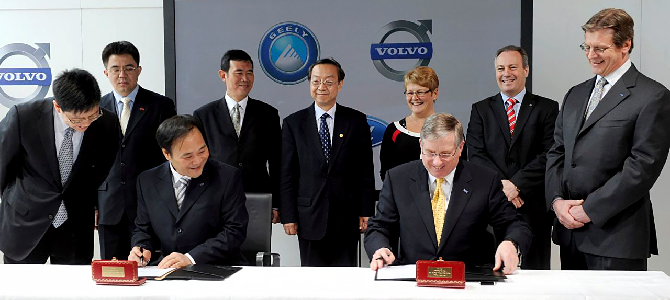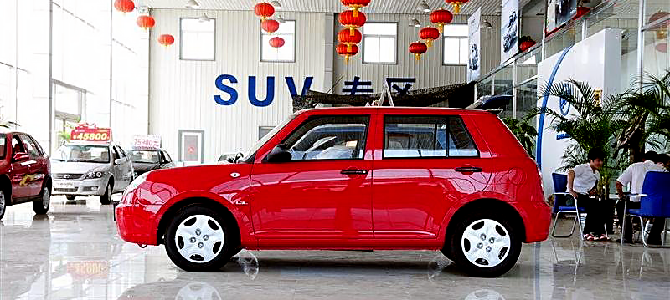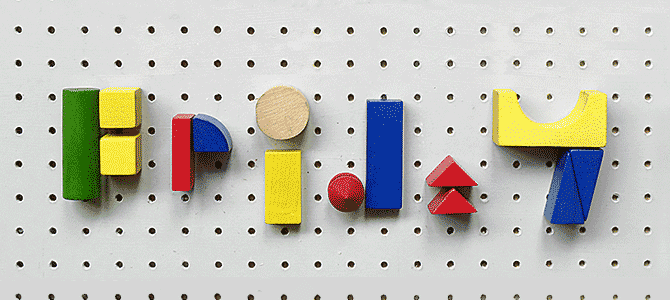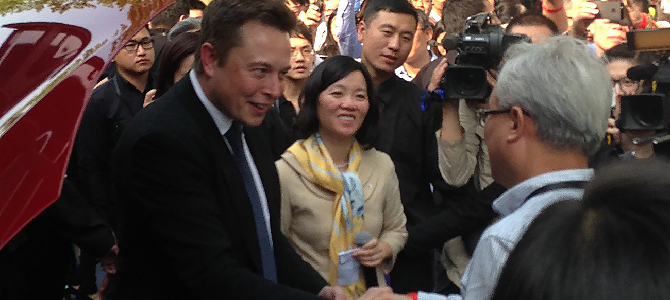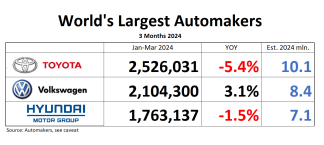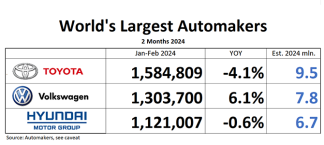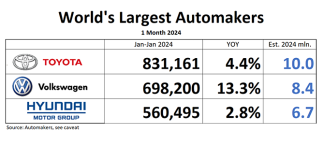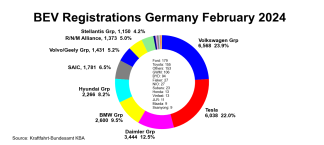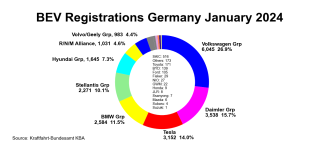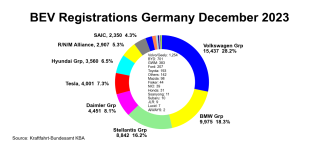
- An outlandish electric car success – FT: Mitsubishi hybrid SUV has stealthily crept up on the competition
- EV Battery Costs Dropping Faster than Predicted – Detroit Bureau: Don’t look now but the price of batteries packs are coming down. Battery cell costs will fall about 8% a year, according to a Stockholm Environment Institute study that found battery costs have been overestimated.
- Mahindra in talks to buy car designer Pininfarina, report says – Automotive News: Mahindra and Mahindra, India’s largest maker of SUVs, is
- Apple Car Enthusiasm Is Mostly Wishful Thinking – Motley Fool: After a flurry of speculation last month, the Apple (NASDAQ: AAPL ) car hype has started to recede. That said, there are still a few nuggets of…
- Mazda gears up against patent trolls – Just-auto: Mazda Motor Corporation said it had joined the License on Transfer (LOT) Network, a coalition operated by non-profit corporation LOT Network…
- Mahindra Said to Be in Talks to Buy Car Designer Pininfarina – Bloomberg: Mahindra & Mahindra Ltd., India’s largest maker of sport-utility vehicles, is in talks to buy Italian auto design and engineering company…
- EVs In China Will Require License Plates Says Tesla Motors Inc. (NASDAQ:TSLA) – Wallstreet: Tesla Motors Inc. (NASDAQ:TSLA), America based EV maker announced that its cars were sanctioned for a program in Shenzhen, China that provides…
- Dear Tesla: Car And Driver’s Hilarious Take On Why Car Dealers Are Awesome – Greencarreports: Fast forward to the ongoing state-by-state battles between Tesla Motors and lobbyists for state and national car-dealer interests, who are trying to get…
- A $60 Gadget That Makes Car Hacking Far Easier – Wired: The average automobile today isn’t necessarily secured against hackers, so much as obscured from them: Digitally controlling a car’s electronics…

